Thank you for trusting Rise Yaupon to help demystify all the buzz about microplastics in teabags. Research has unveiled a surprising and unsettling problem that may be lurking in your cuppa —microplastics. Studies have uncovered that the very teabags designed to hold your tea may be contributing to a global pollution issue. Fortunately, Rise Yaupon proactively decided to make our teabags from natural fiber, which is emerging as an eco-friendly and health-conscious alternative.
Let’s explore the issue, its impact, and how switching to natural fibers can make a difference.
The Microplastic Tea Bag Problem
Tea bags are often made from a combination of materials such as paper, plastic, and even silk. While paper seems like a safe choice, many commercial tea bags actually contain polyethylene (PE), polypropylene (PP), or other forms of plastic to provide a strong, durable bag. These plastic fibers aren't always visible to the naked eye, but they can break down into microplastics over time—tiny particles measuring less than 5 millimeters in size.
In a 2019 study, researchers from McGill University in Canada revealed shocking findings: when boiling water was poured over plastic tea bags, millions of microplastics were released into the cup. In fact, a single plastic tea bag could leach as many as 11 billion microplastic particles into the water. These particles are small enough to be ingested and have raised concerns over their potential health risks.
Microplastics are not just an environmental issue; they are becoming part of our daily lives. As they are ingested, they may accumulate in our bodies and potentially disrupt the endocrine system, leading to unknown long-term health consequences. Given the pervasive presence of microplastics in everything from food to water, adding them to a comforting cup of tea is the last thing most people want.
Why Are Tea Bags Made with Plastic?
You may wonder: Why would tea bag manufacturers use plastic at all? There are a few reasons for this. Plastic fibers, such as those found in nylon, PET, or polypropylene, offer a number of practical benefits: they are durable, moisture-resistant, and can be sealed without the need for adhesives. These bags are often used in pyramid-shaped tea bags, which offer more room for the leaves to expand, potentially creating a better brewing experience. They’re also inexpensive to produce and maintain a long shelf life, which is appealing for mass production and distribution.
However, these benefits come at a significant environmental and health cost, as plastic is not biodegradable and can persist in the environment for hundreds of years. The health risks of consuming microplastics are still being studied, but the concern is growing. As consumer awareness increases, more people are choosing to seek out alternatives to plastic-based tea bags.
Natural Fiber Tea Bags: A Healthier, More Sustainable Choice
With growing awareness about the dangers of microplastics, we at Rise Yaupon have invested from the inception of our brand in natural fiber teabags - the sustainable alternative. These teabags are made from plant-based materials, such as cotton, hemp, abacá, or even biodegradable paper. Here’s why it was important for us to source this type of teabag paper:
1. No Plastic, No Microplastics
Natural fiber tea bags are free of polyethylene, polypropylene, and other plastics. As a result, they do not release microplastics into your yaupon tea. This is a significant health benefit, especially since research suggests that consuming microplastics may have adverse effects on the body. Choosing natural fibers helps you enjoy your tea without worrying about ingesting harmful particles.
2. Biodegradable and Compostable
Unlike plastic tea bags, which can take hundreds of years to break down, natural fiber tea bags are biodegradable and compostable. This means they won’t contribute to the ever-growing problem of plastic waste in landfills and oceans.
3. Better for the Environment
The production of natural fibers, tends to have a lower environmental impact compared to plastic-based materials. These fibers often require less water, chemicals, and energy to produce, making them more sustainable overall. Additionally, because these materials are biodegradable, they don’t contribute to the accumulation of plastic waste in ecosystems.

We believe that what's in your cup matters. We strive to produce the highest quality yaupon tea, packaged in a healthy, sustainable way. Our teabags are natural fiber (and compostable) but the pouch your tea comes in is also recyclable. We strive to be environmentally responsible in everything we do - if you have any questions or concerns about how your tea is manufactured, please reach out.
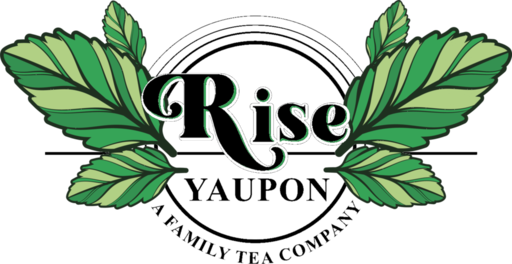
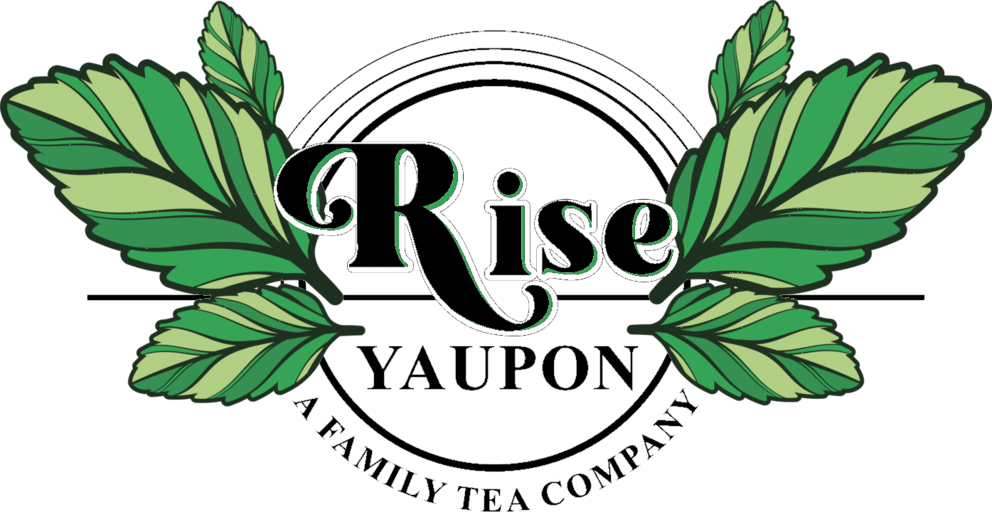
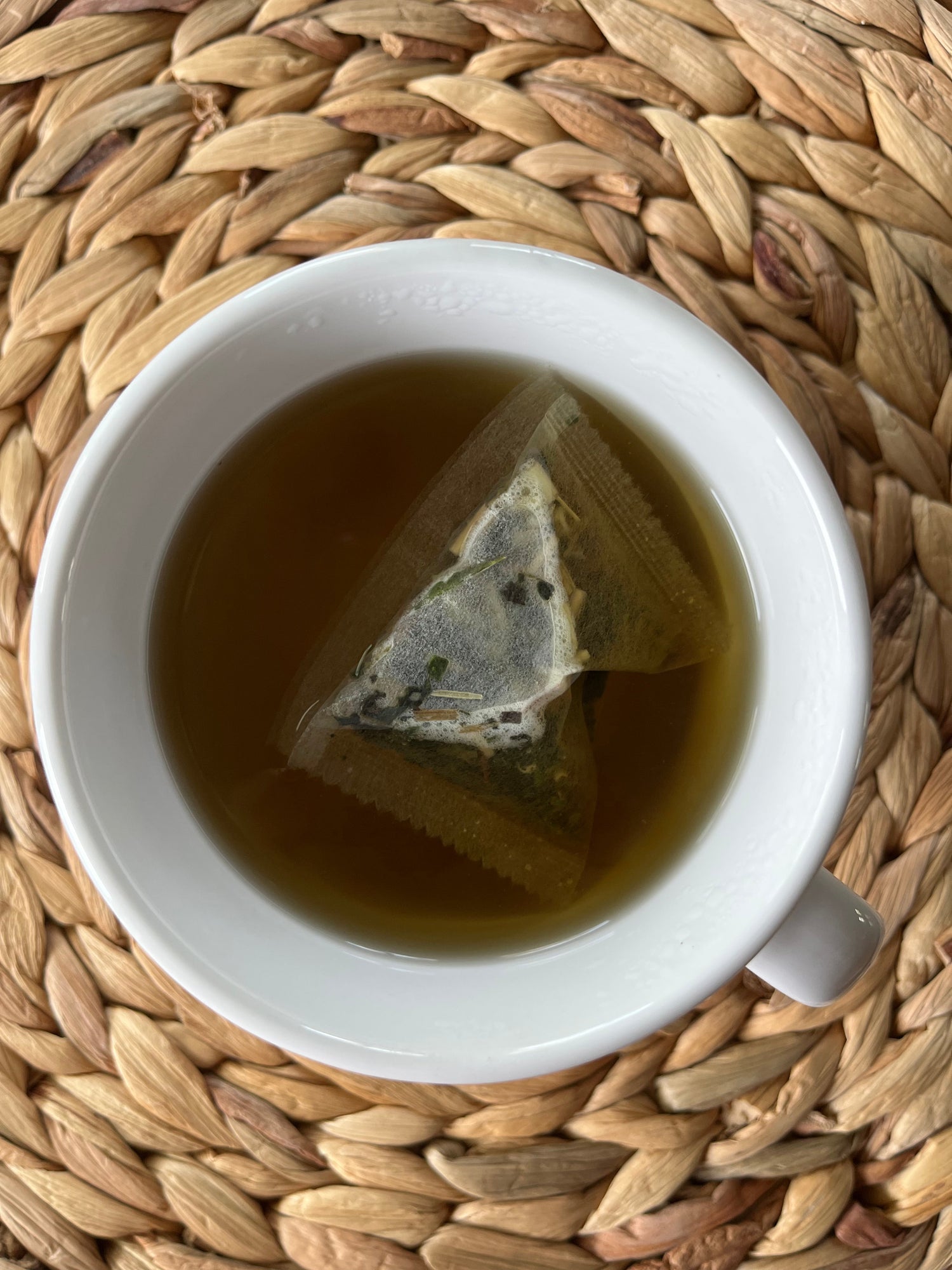
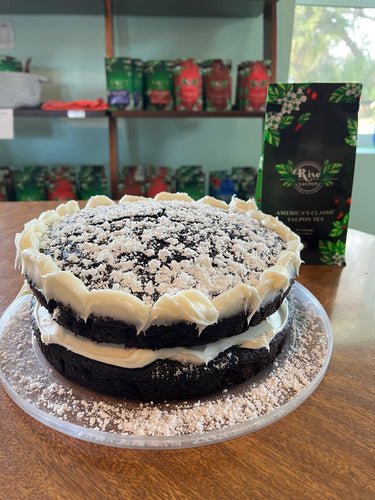
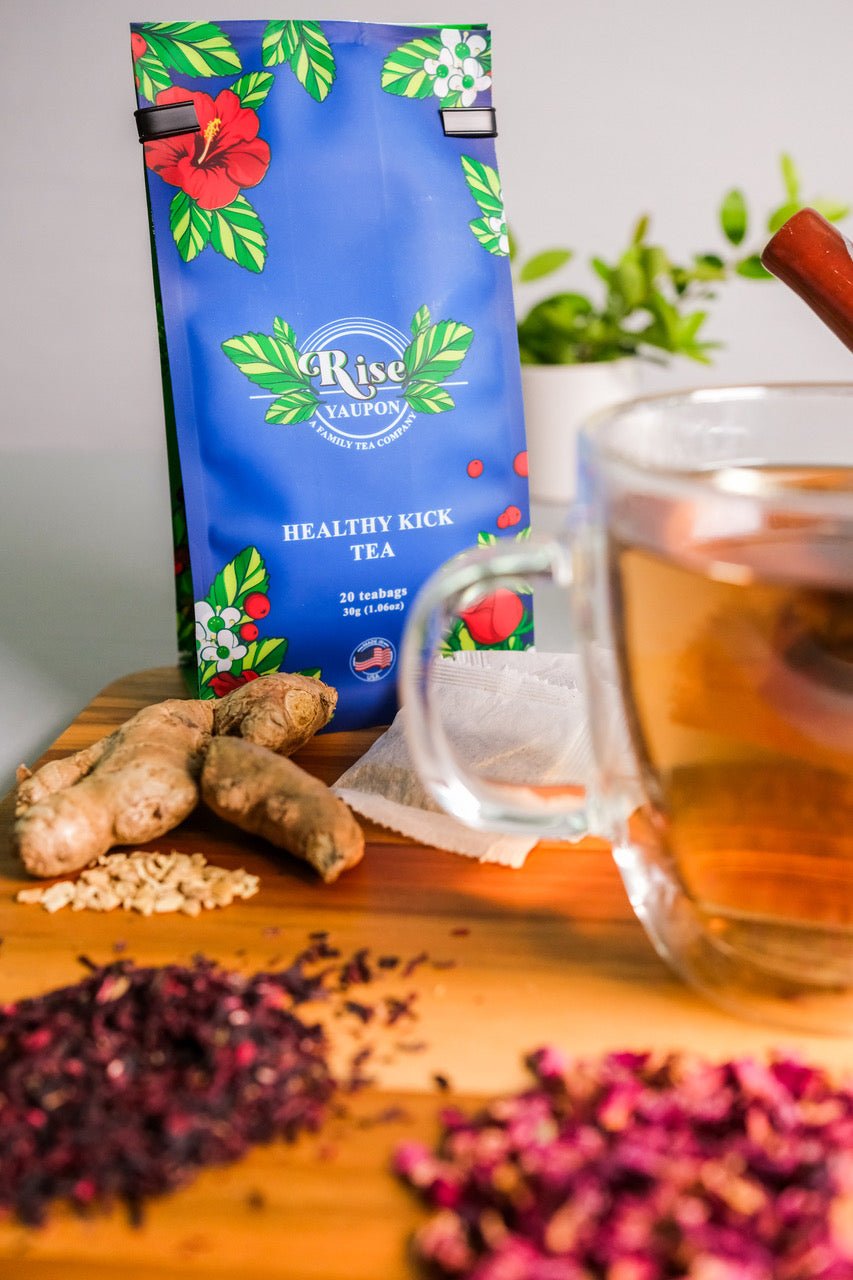
Leave a comment
This site is protected by hCaptcha and the hCaptcha Privacy Policy and Terms of Service apply.